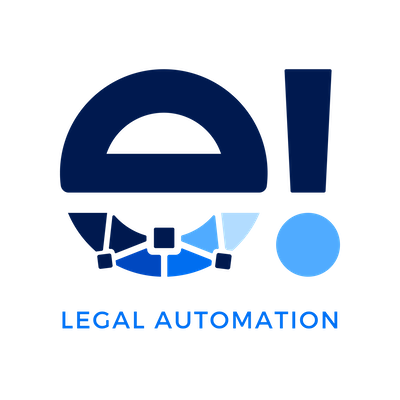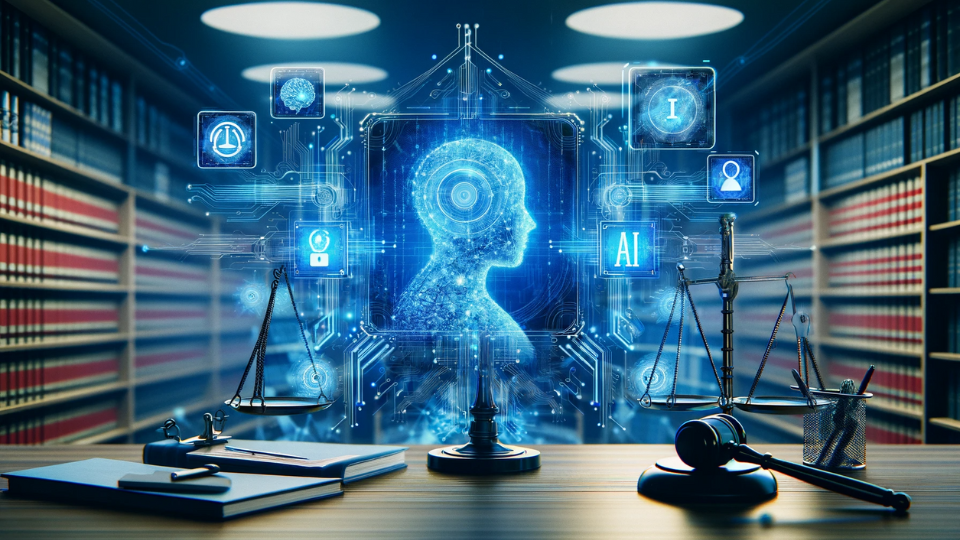Ethical considerations are paramount as Generative AI revolutionizes the legal industry, introducing advanced tools for legal research, document drafting, and case analysis. This wave of innovation brings to the forefront significant questions regarding accountability and transparency.
With AI systems increasingly becoming integral to legal processes, it’s crucial to comprehend their decision-making mechanisms and ensure adherence to established ethical standards.
This introduction sets the stage for exploring the impacts of generative AI in law, focusing on the importance of maintaining accountability and transparency.
Ensuring Accountability in AI-Driven Legal Decisions
It is morally necessary to hold AI-driven legal judgments accountable. It involves attributing responsibility for decisions made by AI systems, especially when they have significant legal consequences.
Developing ethical frameworks and standards for AI in the legal industry is essential. These frameworks ensure AI operates within the bounds of legal ethics. Continuous monitoring and auditing of AI systems enforce accountability and compliance with ethical standards, highlighting the necessity of a robust ethical foundation in AI applications in law.
Fostering Transparency: The Ethical Backbone of Legal AI
Transparency in AI usage within legal settings ensures ethical integrity. AI systems need to be understandable and explainable, particularly when influencing legal outcomes.
Creating transparent AI systems in a complex field involves enhancing clarity and openness in AI operations. This includes developing user-friendly interfaces for legal professionals. Open-source AI models promote transparency, suggesting that community-driven AI development can build trust and ethical adherence.

Balancing Innovation with Ethical Accountability and Transparency in Legal AI
Balancing innovation with ethical considerations in AI for law is a necessary endeavor. This balance involves creating evolving ethical guidelines alongside technological advancements.
Interdisciplinary collaboration among various stakeholders ensures ethical considerations are embedded in AI design and deployment. Case studies where AI innovations have successfully integrated ethical considerations provide a blueprint for future developments, reinforcing that innovation and ethics in AI are complementary.
Strengthening Regulatory Frameworks for Ethical AI in Law: Emphasizing Accountability and Transparency
Effective regulation is vital for ethical AI use in law, focusing on accountability and transparency. Future regulatory directions need adaptability to the rapid development of AI.
International collaboration is key in creating standardized regulatory frameworks, leading to consistent and effective AI oversight in the legal industry. Addressing challenges in regulating AI is crucial, including concerns about stifling innovation and defining ethical standards. Stakeholder involvement in regulatory discussions ensures well-informed, balanced, and representative regulations.

Visioning the Future
The legal industry is undergoing a revolution with the integration of generative AI, bringing forth powerful tools for research and analysis. However, this innovation raises ethical questions, particularly regarding accountability and transparency. The future of AI in law involves integrating AI tools within an ethical framework, prioritizing accountability and transparency. This includes adapting to ethical AI, democratizing legal services, and fostering interdisciplinary collaboration.
As AI begins to play a pivotal role in legal decisions, ensuring accountability is crucial. This involves developing ethical frameworks and standards to govern AI behavior, ensuring reliability and adherence to legal ethics.
Transparency in AI processes is key to building trust and ensuring ethical integrity. Making AI systems understandable and explainable is vital, particularly when they influence legal outcomes. The legal industry must balance technological innovation with ethical accountability and transparency. This involves designing AI systems that are cutting-edge yet ethically responsible and adhering to ongoing ethical reviews.
Effective regulation is essential to uphold ethical standards in AI usage within the legal sector. This includes creating adaptable regulations and involving a diverse range of stakeholders to ensure well-informed, balanced frameworks.
Conclusion: Navigating the Ethical Terrain of AI in Law
The integration of generative AI into the legal sector necessitates ethical vigilance, focusing on accountability and transparency. Balancing innovation with ethical responsibility is key, requiring ongoing collaboration and effective regulation to uphold ethical standards.
As the legal industry moves forward, embracing AI’s potential while committing to ethics ensures practices are not only efficient but also uphold the highest standards of professional integrity.






